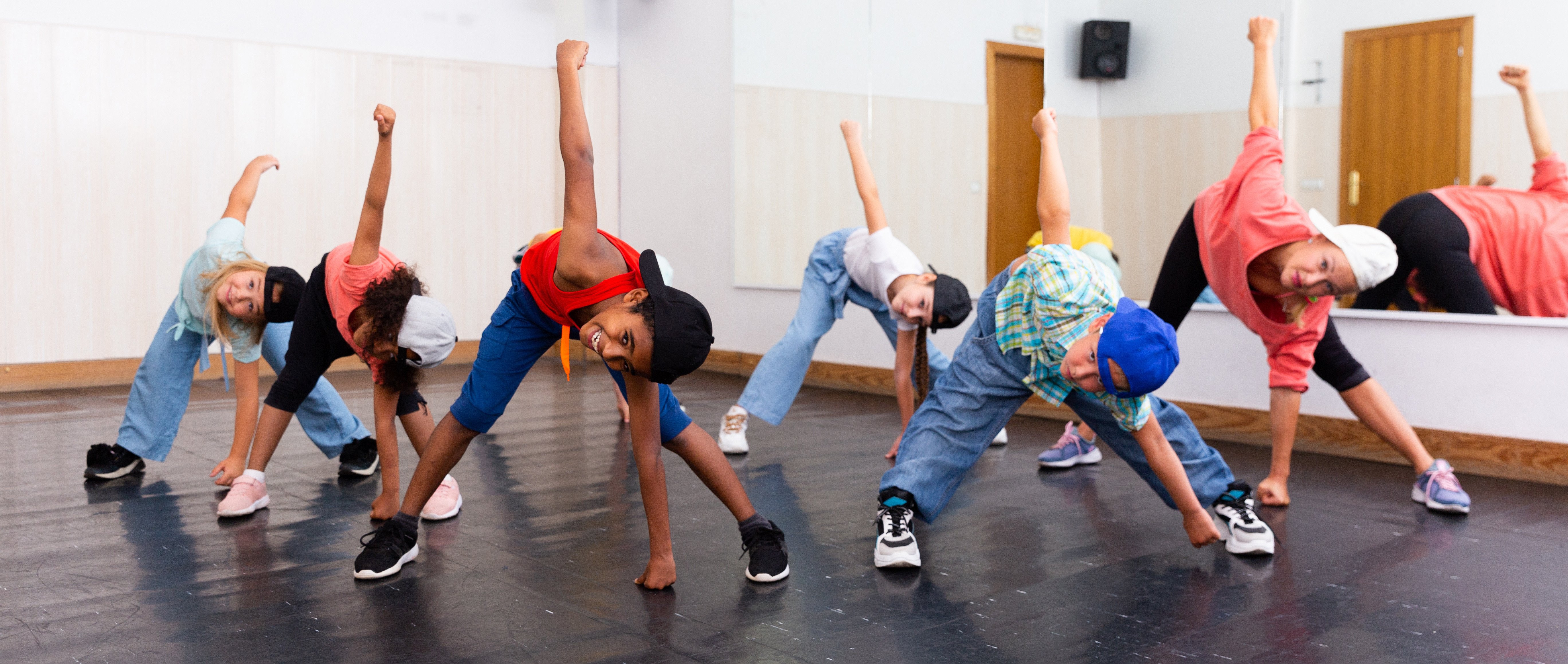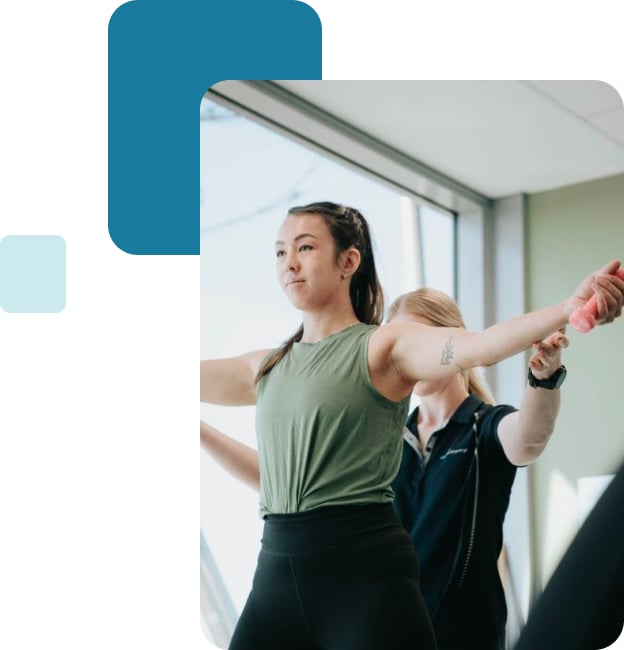What should I expect at my first appointment?
Your physiotherapist will discuss your dance background, training load and any concerns you have. They will assess your movement and help create a plan based on your goals.
Do I need to be injured to see a physiotherapist?
No. Many dancers attend for guidance on safe technique, load management or general conditioning.
Can all dance styles be assessed?
Yes. Physiotherapists can work with ballet, contemporary, jazz, hip-hop, ballroom and other styles, adjusting assessments to your unique movement demands.
Is Dancer’s Physiotherapy suitable for beginners?
Yes. Sessions are tailored to your current ability and experience.
Can physiotherapy help with pointe readiness?
Physiotherapists can assess strength, control and mobility relevant to pointe preparation and discuss whether you are ready to progress safely.
How long is each session?
Session length varies by clinic. Please contact us for details.
Do I need to bring anything?
Comfortable clothing, dance shoes (if relevant) and any previous scans or reports may be helpful.
How often should I attend?
Your physiotherapist will recommend frequency based on your goals, training load and presentation.
Is treatment covered by health insurance?
Private health rebates may apply depending on your individual plan. Please check with your provider.
Can parents attend appointments for younger dancers?
Yes. Parents or guardians are welcome to attend and be involved in discussions if the dancer is a minor.




.png)








